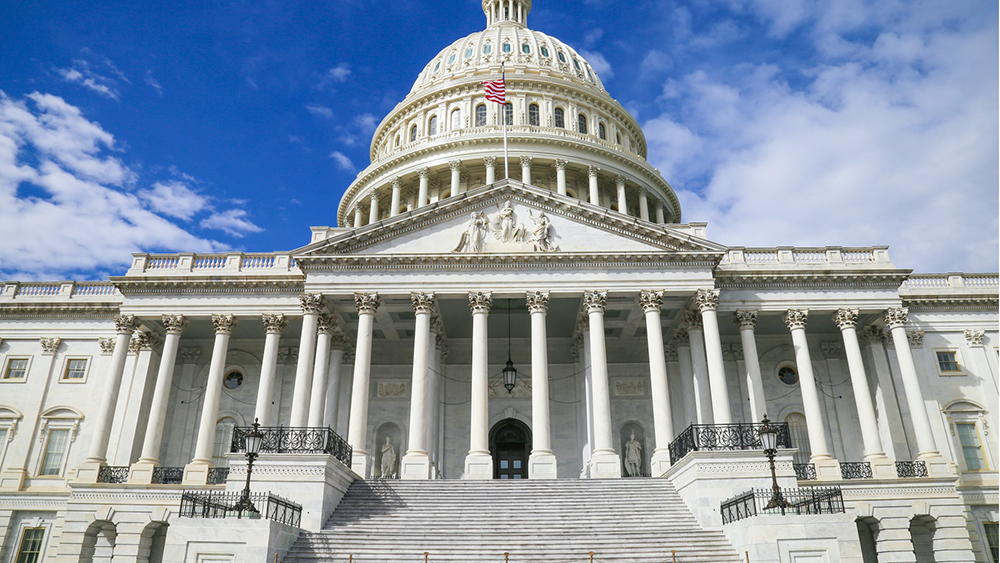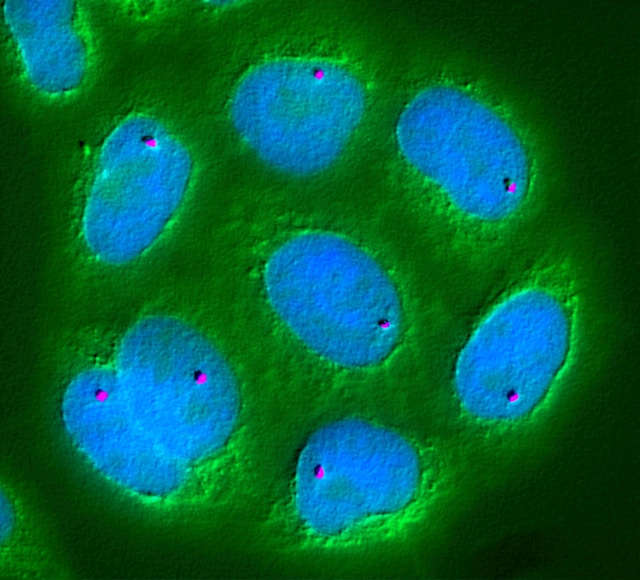In a big week for reauthorization of the Pandemic All Hazards and Preparedness Act (PAHPA), versions of the legislation were approved by a House committee on July 19 and a Senate committee on July 20. Here’s what happened and why it matters.
PAHPA establishes measures to prepare for the next pandemic and “allows us to be ready for other kinds of biothreats and public health emergencies,” according to Phyllis Arthur, SVP of Infectious Disease and Emerging Science at the Biotechnology Innovation Organization (BIO).
“We’ve got to be prepared,” said John F. Crowley, CEO of Amicus Therapeutics and Vice Chairman of BIO’s Board. “Biosecurity is the highest matter of public health and national security, so it’s critically important that we face the threats ahead. This legislation is going to enable us to do it.”
“We are pleased lawmakers got one step closer to reauthorizing this important legislation,” said Arthur, who has been leading BIO’s involvement with the legislation. “Through our advocacy efforts—which included testifying before Congress and organizing biodefense company leaders’ meetings to educate lawmakers—we have made clear the importance of robust investment today in preparedness for future pandemics, diseases, and public health threats.”
The legislation passed by the committees now awaits action by the full House and Senate, to be followed by reconciliation of the two versions and final congressional approval. The current PAHPA’s five-year term expires Sept. 30, and it must be reauthorized by that date.
PAHPA activity in the Senate
In a July 20 executive session, the Senate Health, Education, Labor, & Pensions (HELP) Committee gave bipartisan approval to a proposal for PAHPA reauthorization.
The version that ultimately passed the committee did not include a proposed “reasonable pricing” clause, which would have controlled the prices of innovations developed through PAHPA and was opposed by BIO.
It did include two amendments:
- One from Sen. Ted Budd (R-NC) to address gaps in managing the Strategic National Stockpile (SNS) of necessary medicines and supplies held in case of a health emergency. The measure reduces unnecessary reporting requirements for the SNS and adds a process to assess risks.
- And one from Sen. John Hickenlooper (D-CO) to establish a program for reviewing medical countermeasures for emerging pathogens at the Food and Drug Administration (FDA).
PAHPA activity in the House
On July 19, the House Energy & Commerce Committee marked up the legislation reauthorizing PAHPA. The two bills passed were among more than a dozen bills being marked up.
Rep. Scott Peters (D-CA) criticized the proposal for not including the PASTEUR Act, proposed legislation to address the threat of antimicrobial resistance that BIO supports.
The reauthorization bills, H.R. 4420, the Preparedness and Response Reauthorization Act, and H.R. 4421, the Preparing for All Hazards and Pathogens Reauthorization Act, passed the committee along party lines, following some differences over solutions to address drug shortages.
What BIO says about PAHPA
“The votes at both E&C and HELP Committees this week are important steps forward to increasing health preparedness,” said Arthur.
“We were especially pleased to see lawmakers drop the ‘reasonable pricing’ clause in the PAHPA reauthorization. As we repeatedly warned, including such a clause would impede critical private sector investment and public-private partnerships necessary to ensure our nation’s intelligence, defense and healthcare agencies have the tools they need to defend all Americans from chemical, biological, radiological and nuclear threats, as well as future pandemics and natural disasters,” she said. “We were also pleased that burdensome policies to address drug shortages were excluded in the House Energy & Commerce Committee passed bill. We look forward to working with Congress to address real solutions to alleviate the shortage crisis facing patients.”
Arthur also noted BIO support of “incentives included in the legislation advanced by the Senate HELP Committee to spur innovation and the development new and faster response capabilities – such as the MCM PRV program. These incentives encourage investment for R&D to diagnose, prevent and treat known and unknown threats and keep Americans safe, and signal to biotech and pharmaceutical investors that this area of biotech is worth the risky investment.”
As the process continues, “BIO will continue dialogue with lawmakers and stakeholders to ensure PAHPA reauthorization reaches the finish line and cultivate new ways to ensure our companies have every tool at their disposal to protect Americans from future health threats,” Arthur said.




